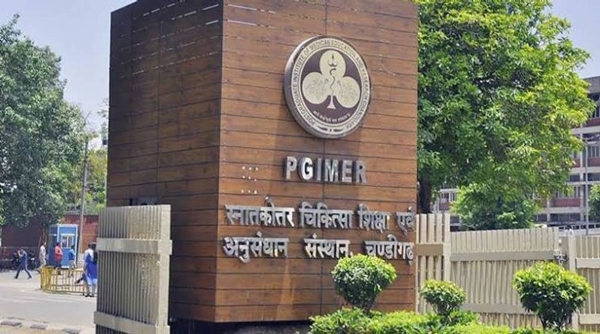Chandigarh’s first Pollen Calendar helps to identify potential allergy triggers
Chandigarh now has its first pollen calendar which identifies potential allergy triggers
Total Views |
New Delhi, September 06: Chandigarh now has its first pollen calendar which identifies potential allergy triggers. It also gives a provide understanding for clinicians and allergy sufferers of the causes to help limit their exposure during the high pollen loads.

The pollen calendars will tell the time dynamics of airborne pollen taxa in graphical form in a particular geographical area. They yield visual details about several airborne pollen taxa which are present year-long, with their seasonality in a single frame. Pollen calendars are specific to location.
Department of Community Medicine and School of Public Health, PGIMER, Chandigarh, examined the seasonal periodicities of airborne pollen spectrum and developed the first Pollen Calendar for Chandigarh. This will prepare early advisories and disseminate them through media channels to the citizens. It will act as a preventive tool for sensitive people.
This was created by a team led by Dr. Ravindra Khaiwal at the Department of Community Medicine and School of Public Health, PGIMER, in Chandigarh.
Also Read | WTC Final: Team India wears black armbands in memory of Milkha Singh
They found the prominent pollen seasons, their intensities, and aerobiologically significant pollen types there. The main airborne pollen dominating seasons were spring and autumn.
Also Read | 'On a temporary break': Prashant Kishor quits as adviser to Punjab CM ahead of 2022 Polls
Dr. Ashutosh Aggarwal said, “In this scenario, the study aims to bring airborne pollen seasonal information to the susceptible population, healthcare professionals, policymakers, and scientists to be familiar with the current changes in the environment, which can further help develop mitigation strategies,” highlighted Dr. Mor. “The findings of this study would enhance the understanding of airborne pollen seasons, which may further help to minimize pollen allergies.”